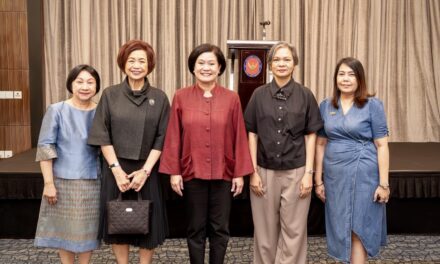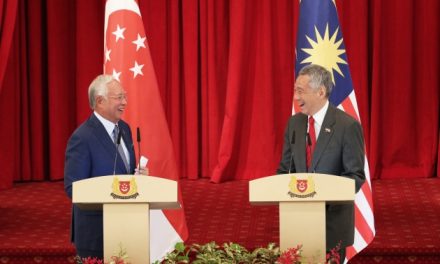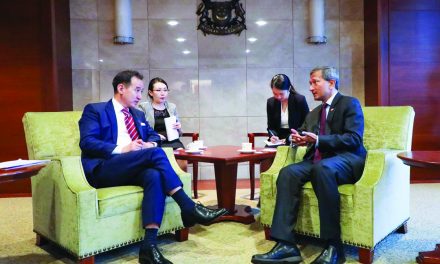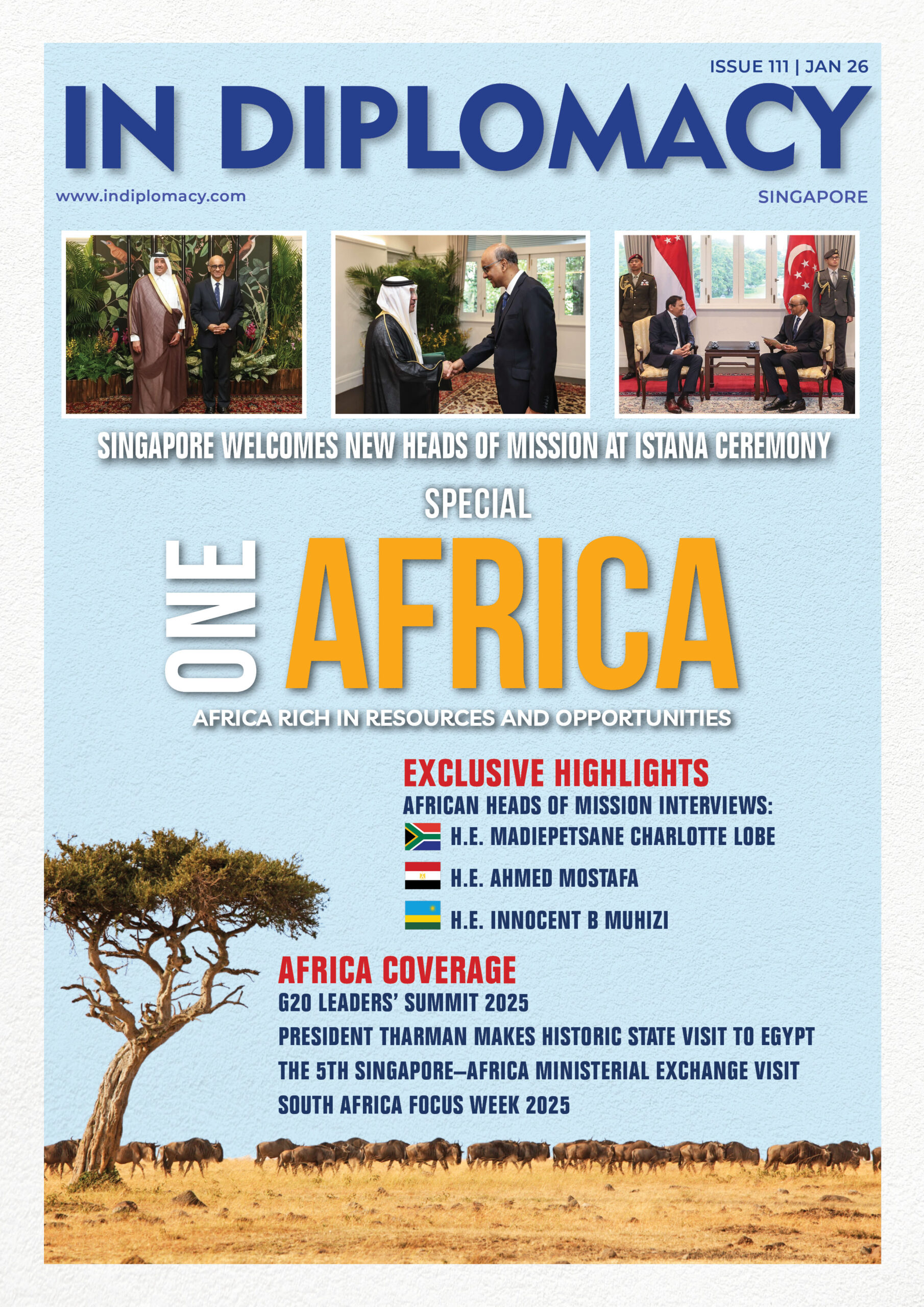
In an exclusive interview with IN Diplomacy, Mr. MD Ramesh, CEO of Africa Improved Foods BV, Kigali, discusses the untapped potential of Africa-Asia partnerships in the agri-food sector and the impact of innovative business models.
In an exclusive conversation with IN Diplomacy, Mr. MD Ramesh, CEO of Africa Improved Foods BV, Kigali, shared his insights on strengthening trade between Africa and Asia, particularly in the agri-food sector. He highlighted that while Asia remains an underexplored partner for Africa, it offers a wealth of expertise in farming, food processing, distribution, and diverse food formats. Countries such as Singapore, Malaysia, and Vietnam serve as models for innovation and technology that Africa could adapt to its needs.
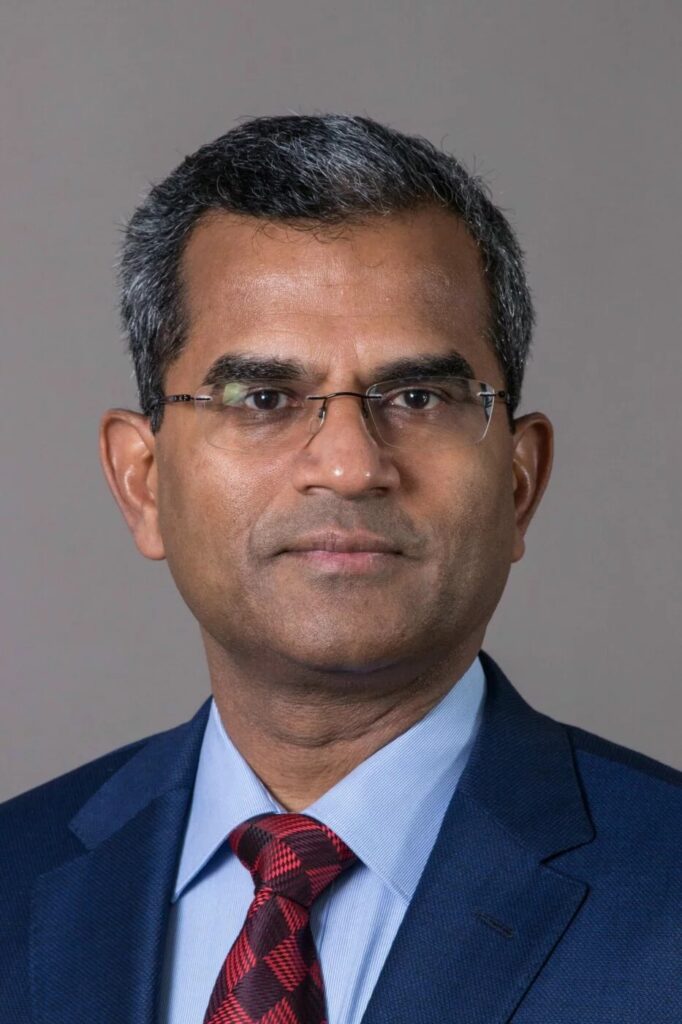
What unique opportunities do you see for strengthening trade in between Asia, especially in the agri-food sector?
Asia is a significantly underplayed partner of Africa with a lot to teach. Countries such as Malaysia, Singapore, and Vietnam can all be great learning centers for Africa. Specifically, in farming, food processing, food distribution, and the variety of food formats, Asia has made significant development. In all these areas, there is a lot of learning, technology, and experiences that Asia can lend to Africa.
So what do you think is the first step Asian companies or African companies could take in doing business with each other?
I think the Africans must take the first step and go across to Asia and talk to the variety of food manufacturers, food processors, food brands, and distributors to help and understand how they can learn.
Walmart is one such example, despite struggling for 15 years, they have found a firm footing in Nigeria by bridging the gap from the port to the last mile. If replicated across Africa, this model would be hugely beneficial. Accessibility to the last mile remains one of Africa’s biggest challenges. In the food distribution sector, this is the single largest opportunity.
What would you attribute their success to?
Three things really. First is Spending time to determine the mode of engagement. Second is Investing patiently, as there are no quick turnarounds in Africa. So they need to be here, committed, invested, and waiting patiently. And that’s exactly what tolerance did for it. And the third thing is finding capable individuals to translate plans into action.
Do Africans have the bandwidth to approach Asia, and how can that be done?
Things go to Asia, that’s one market. But Asian countries don’t promote themselves like Europeans or Americans. Africans need to take the initiative. While European and American companies aggressively market themselves, Asia’s approach is quieter. If Asians come with clear objectives, they’ll find that capitalization in Africa isn’t a problem at the right price.
Based on your growth story, what have you learned, and what advice would you give to someone 20 years younger?
Tell them is by my book. It’ll teach them a lot. My journey was guided by resilience, patience, and understanding of the continent. For example, our CEO always emphasized patience, saying, “This will take time,” and eventually, things worked out. So that wisdom remains with me forever.
We’ve established businesses in 12 countries and traveled to 30. Each country required starting from scratch, with different rules and people suited for specific roles. Policymakers were another challenge—some supportive, others wary of foreign companies. Understanding and aligning with their priorities was essential.

Could you share insights about your current job and its impact?
In 2016, Rwanda’s President Kagame sought support to combat child malnutrition and stunting. At that time, 1 in 2 children in Rwanda was stunted. In partnership with Royal DSM, IFC, and the Rwandan government, we set up Africa’s best food processing plant in Kigali.
The government of Rwanda annually buys 25% of our capacity and distributes it to the last mile. Since starting, stunting rates have dropped from 47% to 30%, with a target of 20%.
I came here to make a difference. By expanding this model across Africa, we aim to feed 10 million people daily within five years, up from 1.65 million today. This approach demonstrates that businesses can pursue both profit and meaningful impact.
What advice would you give to new investors in Africa?
In my experience, first, the business investor has to first decide which country, which product, which business model, and what partner. The partner’s choice can depend on the nature of the engagement they want to have. We don’t want to do things on the ground. And we are willing to learn manpower that understands that as an experience.
So all of this depends on what kind of engagement you want to have on the continent. Are skilled people available who can do this for you? Yes. Locals and expatriates put on more people, more willing to come and work in Africa. I also believe there’s a lot of African diaspora being trained overseas.
Is Africa, irrespective of everything else, a happy continent?
It has been a very happy, 32 years for me, without a doubt. And that’s why I’m still here. South Africa is home to us.
I’ve been coming to Rwanda since 2008, so I’ve seen the change in the way this country is managed, and this is such a good role model of how governance can change lives. This country has quadrupled its per capita income in 20 years. It went to $50 in 2004 and now it is $1,000.

